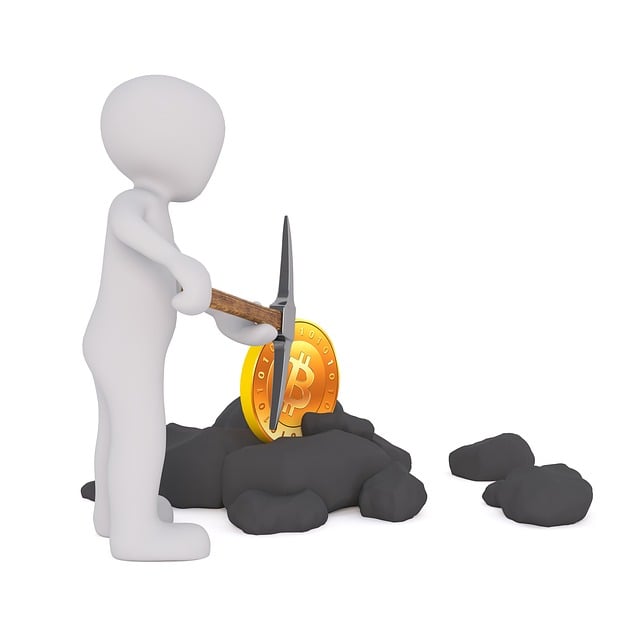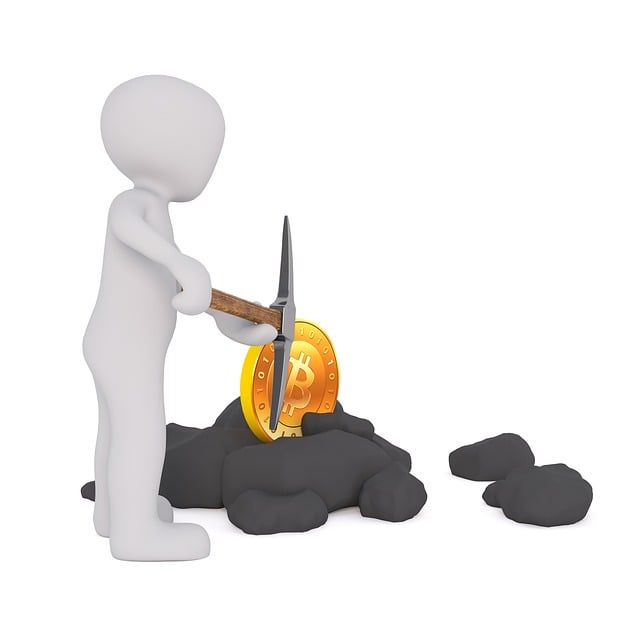Crypto Risks: Ensuring Secure Digital Currency Storage
Welcome to the world of cryptocurrencies, where digital currencies are revolutionizing the way we transact and store value. With the rise in popularity, it is crucial to understand the risks associated with this new form of currency and take necessary measures to ensure secure digital currency storage. In this article, we will explore some of the key risks and strategies to mitigate them.

The Importance of Secure Storage:
1. Protecting your digital assets:
Cryptocurrencies, such as Bitcoin, Ethereum, and Litecoin, are stored in digital wallets. These wallets are vulnerable to hacking and theft, making it essential to have secure storage options.
Storing your digital currencies securely protects them from being stolen or lost due to hardware failure or human error.
2. Avoiding exchange hacks:
Many individuals store their cryptocurrencies on exchange platforms. However, these exchanges are often targeted by hackers, leading to significant losses. Secure storage solutions can minimize the risk of falling victim to exchange hacks.
Risks in Digital Currency Storage:
1. Cyberattacks:
Cybercriminals often target cryptocurrency wallets and exchanges to gain unauthorized access and steal funds. They employ various techniques such as phishing attacks, malware, and social engineering to exploit vulnerabilities.
2. Hardware failure:
Hardware wallets, which are physical devices used to store digital currencies, can suffer from technical failures or physical damage. This could lead to permanent loss of access to your digital assets.
3. Human error:
Improper handling of private keys, passwords, or recovery phrases can result in irreversible loss of funds. It is crucial to ensure appropriate education and precautions to avoid human errors.
Strategies for Secure Digital Currency Storage:
1. Utilize hardware wallets:
Hardware wallets offer enhanced security by storing private keys offline. This eliminates the risk of online attacks and ensures your digital currencies are safe even if your computer is compromised.
2. Implement strong security measures:
Enable two-factor authentication (2FA) and use complex, unique passwords for your wallets and exchange accounts. Regularly update your software and use reliable anti-malware programs to prevent cyberattacks.
3. Backup your wallets:
Backup your wallet files, private keys, and recovery phrases in multiple secure locations. This ensures that even if one backup is lost or damaged, you can still regain access to your digital assets.
4. Diversify storage options:
Consider utilizing a combination of hardware wallets, paper wallets, and offline storage solutions to diversify the risk. This reduces the chances of complete loss from a single point of failure.
5. Stay informed and educate yourself:
Keep up with the latest security best practices and stay informed about new threats in the cryptocurrency landscape. Educate yourself on how to identify phishing attempts and suspicious activities.

In Conclusion:
Crypto risks are a reality, but by adopting necessary precautions and employing secure storage solutions, you can greatly reduce the potential for hacks, theft, and loss. Protect your digital assets and enjoy the benefits of cryptocurrencies without compromising your security.
To read more about ensuring secure digital currency storage, you can visit the article Crypto Risks: Ensuring Secure Digital Currency Storage.

